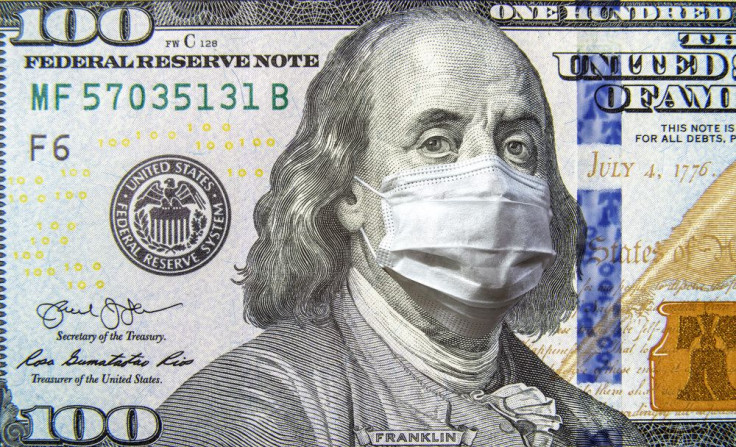How The COVID-19 Pandemic Is Affecting Life Insurance Markets

A new life insurance survey from LifeQuotes, a price comparison service that offers anonymous, comparative rate quotes, revealed details of current changes in the life insurance marketplace as a result of the deadly COVID-19 pandemic.
"We have some important news to share with the owners and shoppers of life insurance in this unprecedented time," said LifeQuotes CEO, Robert Bland. "This is an excellent time for owners of life insurance to review and understand what they own and for shoppers to realize that restrictions on new policies could become permanent and/or more restrictive. If you are thinking of buying a new life insurance policy, life insurance remains readily available and that prices are at all-time lows."
Rob Goss, Executive Vice President, remarked, "We urge owners of life insurance to take the time and effort to review their current policies and to make sure that the policy amount, beneficiary designation, time left on rate guarantee and any possible conversion rights are known and understood."
"Some states are allowing policyholders to defer payment of insurance premiums if they have been negatively impacted financially by the COVID-19 pandemic, so check with your State Insurance Department," continued Goss. "If you have been laid off and are unemployed, check with your HR department to see if your group term life coverage ended with your layoff."
Having an adequate amount of life insurance in force is important and everybody's situation is unique. Here are some generalized LifeQuotes guidelines:
- For people who work and have children or a mortgage: 10-15 times income
- For home caregivers: $300,000 minimum
- For burial-only coverage: $10,000-$25,000
- For children up to age 18: Up to $25,000
Great prices are readily available if you are shopping for life insurance
Assuming no ratable health conditions, the following chart of sample monthly premiums below reveals the best possible monthly prices for a 10-year level term life policy. Most 10-year term life policies are renewable, without evidence of insurability, to age 90+ and may be convertible to permanent insurance without having to undergo further underwriting. Other initial rate guarantee periods such as 15, 20, 25, 30 years and longer are also available as are Guaranteed Universal Life and Whole Life, both of which can provide a level death benefit and level premium for life.

COVID-19 pandemic changes that are affecting life insurance shoppers
"In recent days we've seen a significant number of acceptance guideline changes that life insurance shoppers should know about," remarked Michelle Zieba, Sales Vice President. "The elimination of the medical exam requirement by some insurers is an overall plus for consumers, but the tightening of certain other acceptance guidelines by some insurers can make life insurance harder to obtain."
On the issue of the "pandemic" exclusion that's often seen in articles about insurance, LifeQuotes wants you to know that such an exclusion, while common in business insurance policies, is not generally seen in life insurance policies. Life insurance typically covers death by any cause at any time in any place, except for suicide within the first two policy years (one year in some states).
Zieba continued, "Noteworthy life insurer actions we've recorded in recent days from some insurers include the following items, while many others have not yet announced adjustments:"
- Availability up to $3 million on a no-exam basis
- Some insurers are declining applicants who have recently traveled or plan to travel outside the United States
- Some insurers are declining applicants who are significantly overweight
- Acceptance after a positive test for COVID-19 is possible after a 14-day delay period and receipt of an attending physician statement stating the virus has been cleared
- Some insurers are requiring a signed Statement of Good Health on the date policy is delivered
- Some insurers will no longer underwrite applicants who are age 70 or above
- Some insurers are declining applicants who have serious medical issues
- Some insurers have withdrawn temporary or conditional coverage agreements, which means no immediate coverage until after the formal application is approved
"While it is exciting to see several insurers drop their medical exam requirements, underwriting still looks at all aspects of your health history and that those guidelines, including the financial and activity guidelines, have not been relaxed," said Zieba. "If you have medical conditions, you can view customized quotes for yourself on an anonymous basis at www.lifequotes.com and our licensed specialists are available by phone at 800-556-9393 to guide you or give advice. There still remains in the marketplace a wide variety of plans at excellent rates, including plans that ask no medical questions."



























